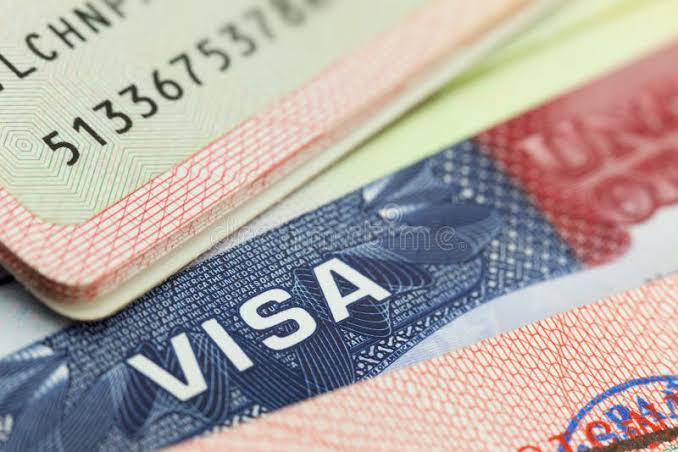For many immigrants—particularly from developing nations—the desire to secure a U.S. green card through marriage is strong. However, this path often comes with intense scrutiny from immigration officials, and applications can face delays or outright denial for several reasons.
According to U.S. immigration attorney Lelia Essien of Essien Law Firm (@LeliaTheLawyer), there are specific red flags that can raise suspicions and trigger investigations. Here are three major reasons your green card application through marriage might be delayed, denied, or even considered fraudulent:
—
### 1. **Significant Age Difference Between Spouses**
A large age gap between you and your spouse can raise suspicions about the legitimacy of your marriage. For instance, if a 30-year-old is marrying a 70-year-old, immigration authorities may view the relationship as potentially fraudulent and investigate further. If it’s determined that the marriage was entered into solely for immigration benefits, penalties could follow.
—
### 2. **Getting Married Right After a Divorce**
If you’ve recently divorced—especially in another country—and then quickly remarry in the United States, immigration may suspect that the new marriage is a strategic move to gain a green card. This type of behavior often invites scrutiny, and unless the new relationship can be proven genuine, it may lead to application delays or rejection.
—
### 3. **Marrying Immediately After Arriving in the U.S.**
If you marry a U.S. citizen or permanent resident shortly after entering the country, immigration may suspect you had prior intentions to stay permanently. This is particularly sensitive if the marriage occurs within the first 90 days of entry, triggering the so-called “90-day rule,” which assumes potential fraud. In such cases, you’ll need to provide clear evidence that your visit was initially temporary and the marriage was unplanned.
—
While marriage to a U.S. citizen can be a legitimate route to permanent residency, any indication that the relationship was formed purely for immigration purposes can lead to serious consequences. To avoid delays or denials, ensure all documentation is accurate, your relationship is authentic, and you’re prepared to address any concerns raised by immigration authorities.

